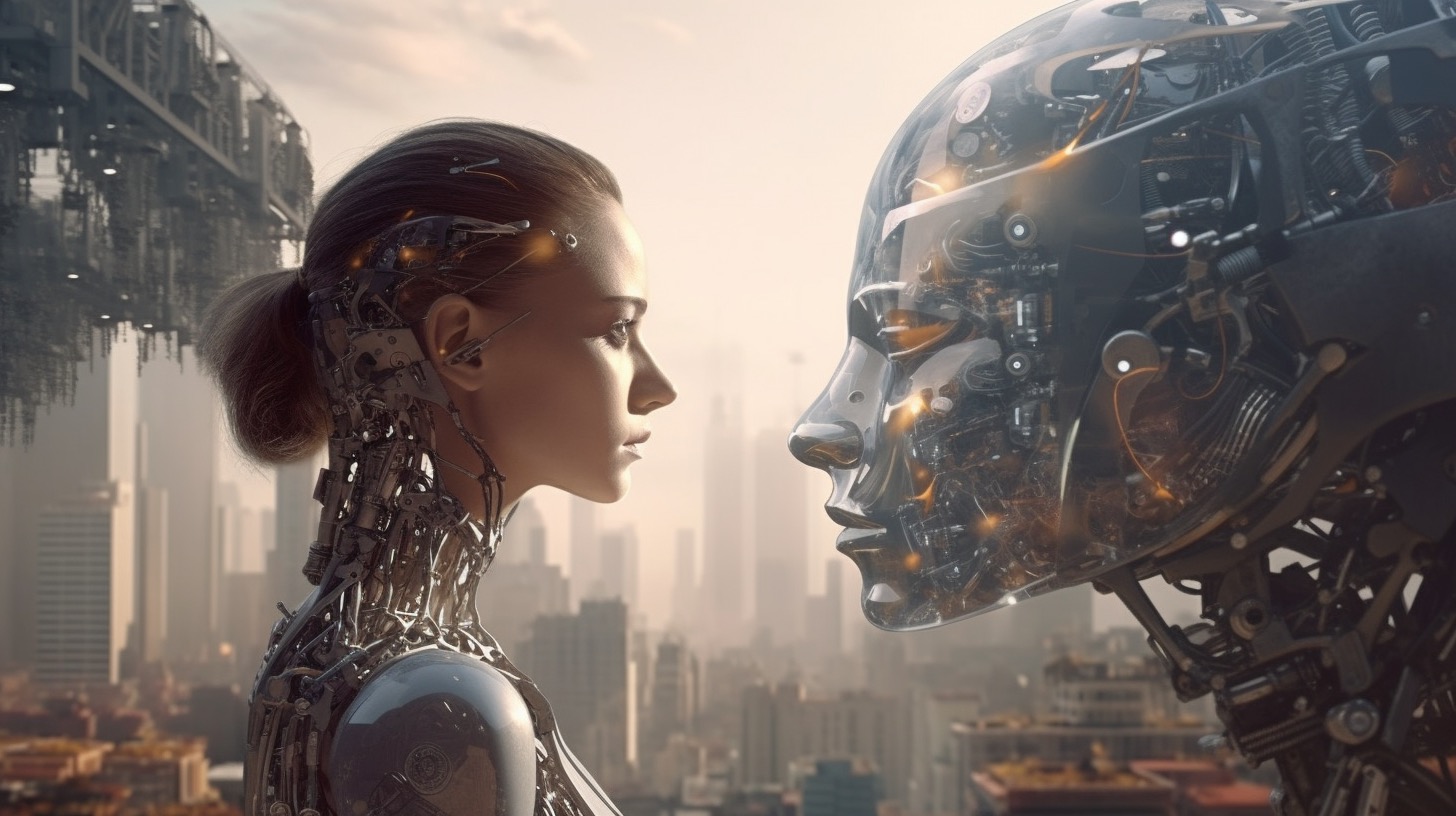Music fans are in a flutter over the mysterious origins of a new track claiming to involve superstar rapper Drake. “Push Ups,” a fiery diss track that throws shaded punches at fellow artists Kendrick Lamar and Metro Boomin, has caused quite the uproar amid speculations about its authenticity. While the vocals bear a striking resemblance to those of the Canadian hip-hop mogul, close listeners have unearthed slight irregularities that hint at the possibility of artificial intelligence having a hand—or rather, a voice—in its creation.
Controversy surrounding the use of AI technology to clone Drake’s voice is not new. The artist and his label, Universal Media Group, have previously faced off against AI-generated tracks, resultingly having them wiped from streaming platforms. However, Drake’s reaction to this latest track has been nothing short of bewildering. Rather than denouncing the song outright, Drake has instead tantalized fans by playfully referencing “Push Ups” in his social media activities, even sharing an AI deepfake of rap producer Metro Boomin in an apparent nod to the controversy.
The question remains: Is Drake behind the contentious track, flexing his skills through the use of AI, or is he merely a spectator enjoying the confounding buzz created by the song? Despite the past friction with AI voice clones, it seems Drake is not above leveraging technology to stir the pot, using AI-powered memes to contribute to the mounting curiosity around the incident.
Current Market Trends:
The use of AI in music is becoming increasingly prevalent, with technologies like deep learning and neural networks enabling the creation of music and voices that can be nearly indistinguishable from those of real artists. Startups and tech companies are exploring how to generate music composition, lyrics, and vocals without human intervention. This trend taps into wider discussions about authenticity in music and the potential impact on the broader music industry.
Forecast:
As AI technology continues to advance, we can expect that AI-generated music and voice mimicking will become more sophisticated and commonplace. The line between human and computer-generated content may blur even further, prompting discussions about copyright, distribution rights, and ethical considerations.
Key Challenges and Controversies:
The integration of AI into creative endeavors like music production raises several contentious issues. There’s the question of authenticity and whether fans can accept an AI-generated track as a genuine work of an artist. Additionally, issues related to copyright and the potential for deepfakes to deceive or harm the reputation of individuals are key concerns. Ethical considerations about AI and its implications for the future of human artists in the industry also arise.
Advantages and Disadvantages:
Advantages of AI in music include the ability to experiment with novel sounds and compositions, potentially leading to new forms of musical expression. AI can offer tools for artists to expand their creativity and can make music production more accessible to those without traditional musical training.
Conversely, disadvantages include the potential for AI to diminish the value of human artistry and the personal connection fans have with artists. There is also the risk of job loss as AI could automate aspects of music production that are currently performed by humans. Moreover, the use of AI voice clones raises serious questions about consent and intellectual property rights.
Important Questions Relevant to the Topic:
– Is the proliferation of AI in music an opportunity for expansion of the art form or a threat to the authenticity of the music industry?
– How will copyright laws adapt to the challenges posed by AI-generated content?
– What are the ethical implications of using AI to mimic the voices of living or deceased artists?
– How will fans and consumers perceive and connect with AI-generated music?
As AI continues to influence the realms of music production and distribution, it is important to engage in conversations around these questions, striving for innovation that respects both artistic integrity and the rights of creators and consumers.
For further information on how AI is transforming different sectors, including music, you may visit the following websites:
– IBM
– OpenAI
– NVIDIA
These links lead to companies that are at the forefront of AI research and implementation, and may provide deeper insights regarding the evolution and future prospects of AI in creative industries like music.

